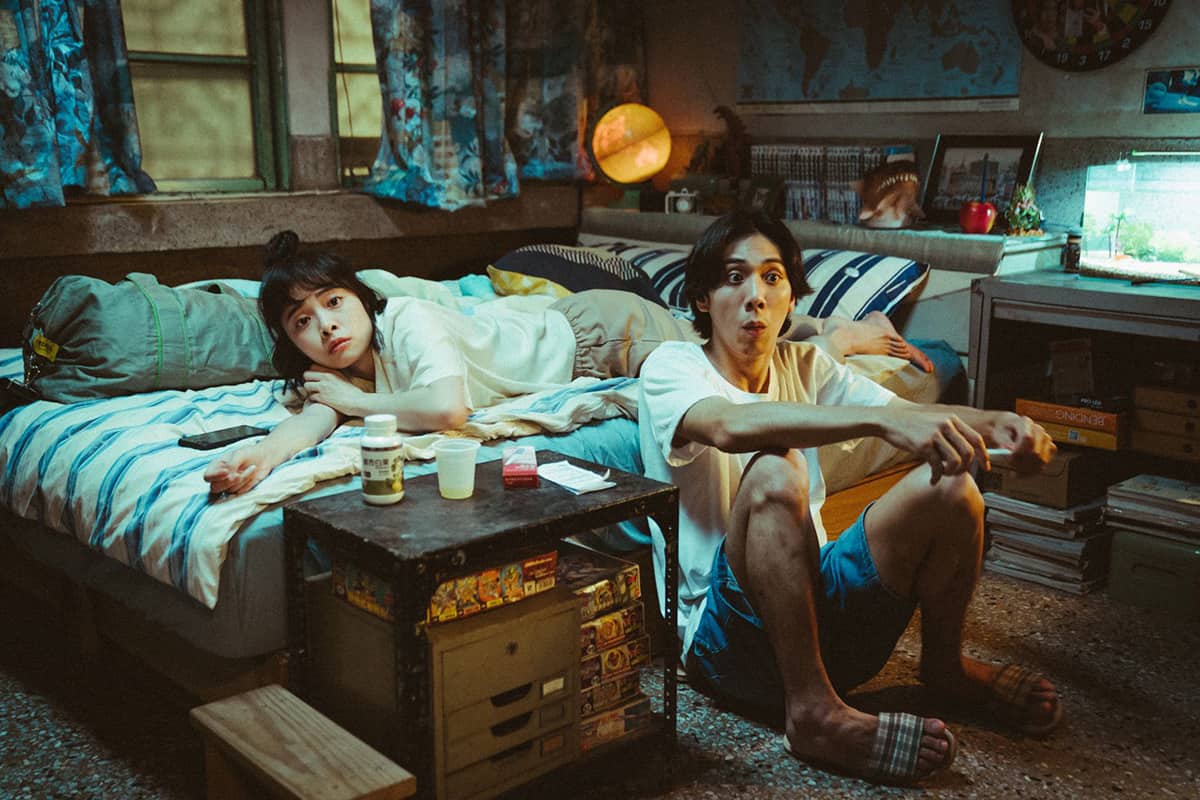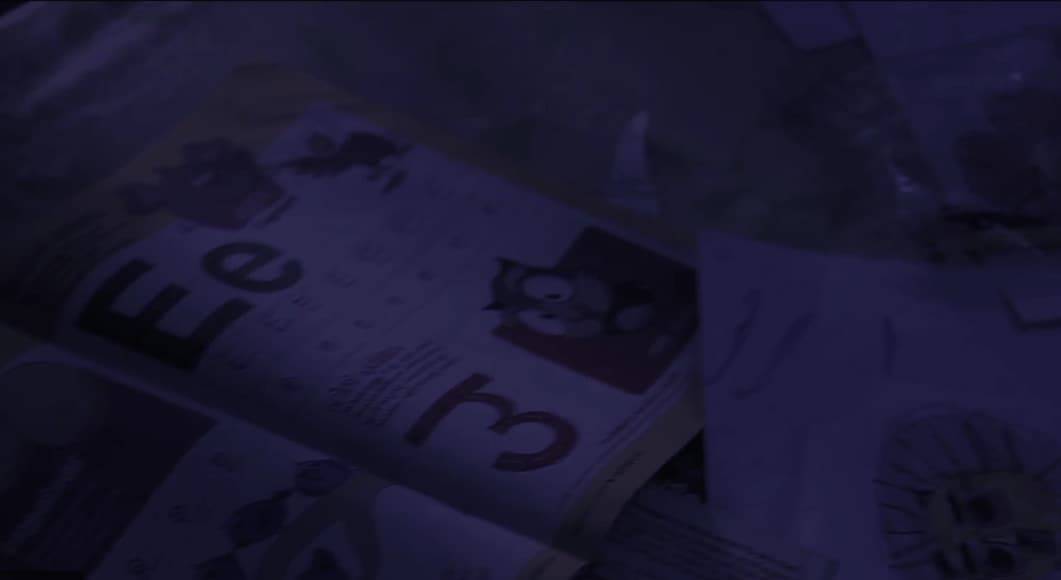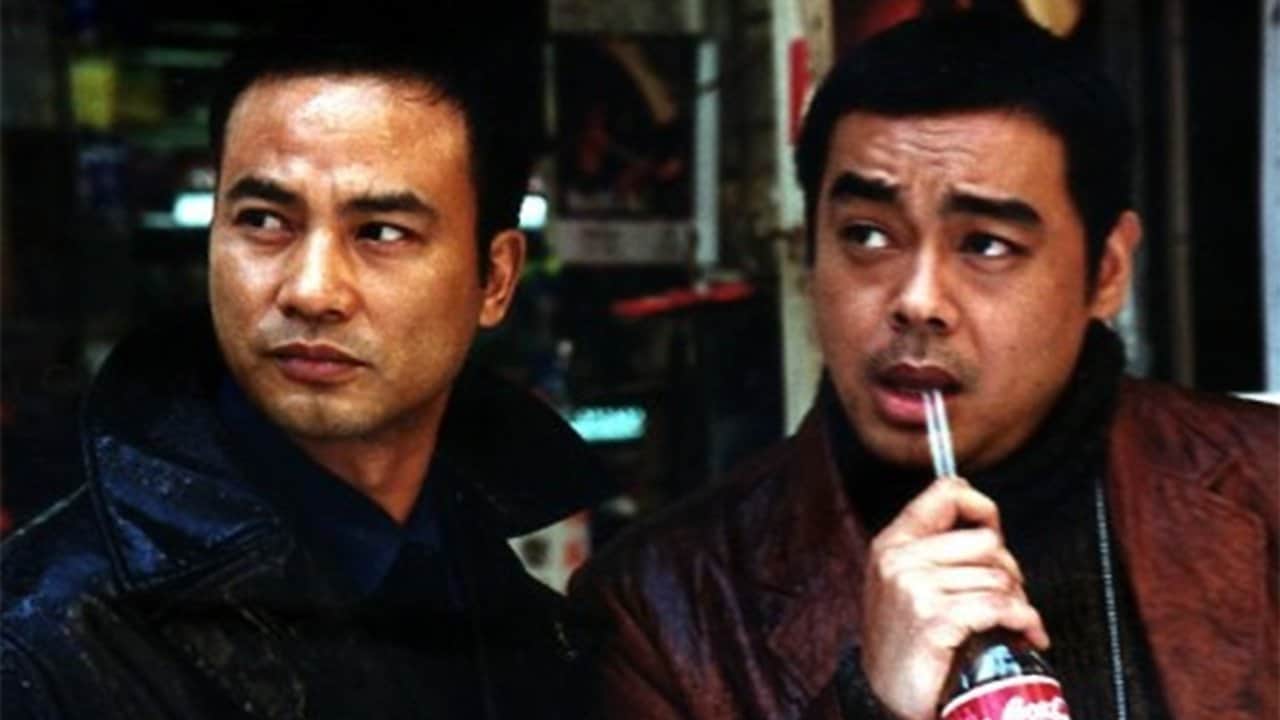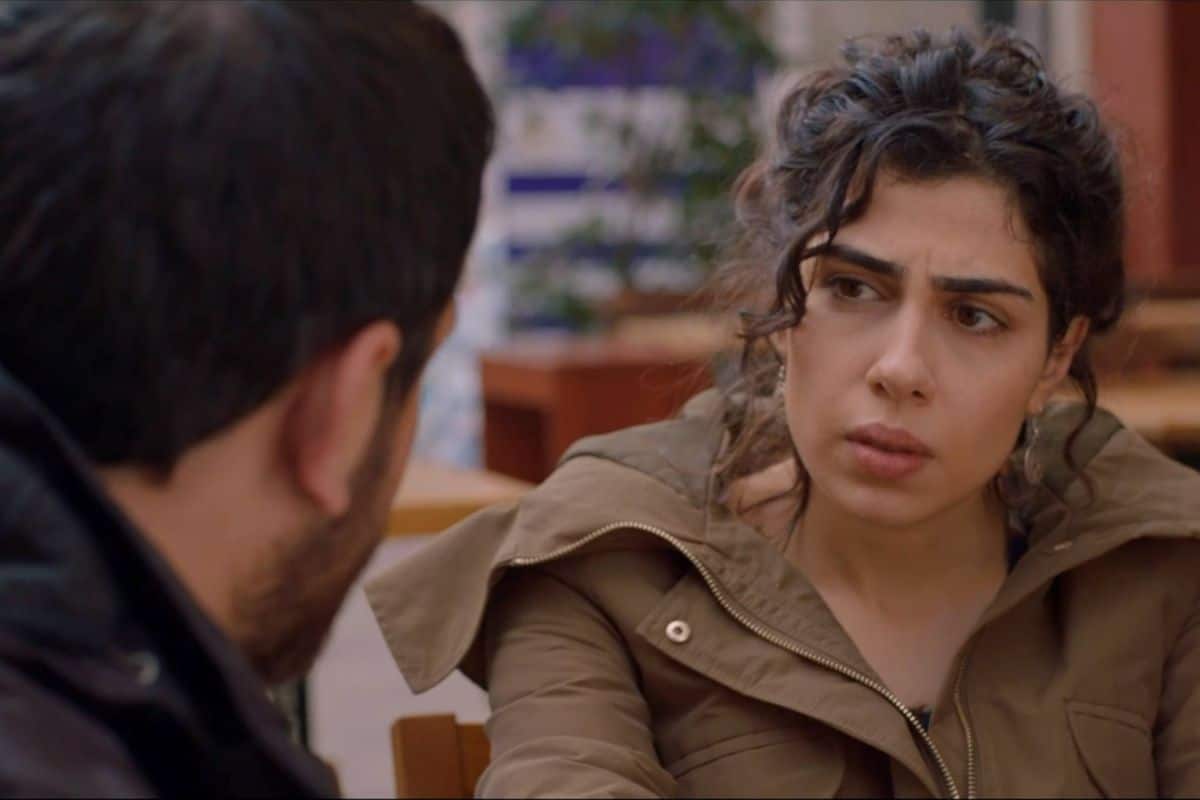Relying on the field of history within a film can be a double-edged sword, for the success of such an endeavor may shed some much needed or new light into a country's past and present, but can also fall flat when the focus is too much on pathos and the understanding of events on a superficial level. In his home country of South Korea, director Won Shin-yeon's film “The Battle: Roar to Victory” has already been one of the commercially most successful films of his career. Given his previous films, such as “The Suspect”, the director has proven his predilection for the genre film while also exploring interesting topics within Korean society, for example, the troubled relationship with North Korea.
“The Battle: Roar to Victory” will screen at Florence Korea Film Fest 2020

At the core of “The Battle: Roar to Victory”, we have one of the most important battles for freedom against the Japanese rulers in the 1920s. Much needed financial resources have to be smuggled through the enemy lines, hidden from the watchful eye of the powerful Japanese controlling the majority of the land, spreading terror among the population and looting villages. Even though Hwang Hae-chol (Yoo Hae-jin) and his men only want to escape the war and find a place to be safe from the enemy, the repeated sight of destroyed villages and dead bodies has taken its toll on them. As they come across a young squad commander named Jang-ha (Ryu Jun-yeol) following a suicide mission to bait the Japanese forces led by famous general Jiro Yasukawa (Kazuki Kitamura), they join forces in what is perhaps one of the most dangerous missions the largely inexperienced men have to undertake.
In its depiction of these historic events, the overall structure regarding narration and characters is quite simple. Within its imposing running time of 134 minutes, the sheer amount of people introduced on the Korean and the Japanese side becomes too large to keep track of after a while, but then again since the sides of the good and the bad are so clearly distinguishable in the film, for the most part it does not matter. Cheon Jin-woo's script follows this story of “David versus Goliath” to the letter, with the savage Japanese on the one side and the noble, if a little unkempt Korean on the other.
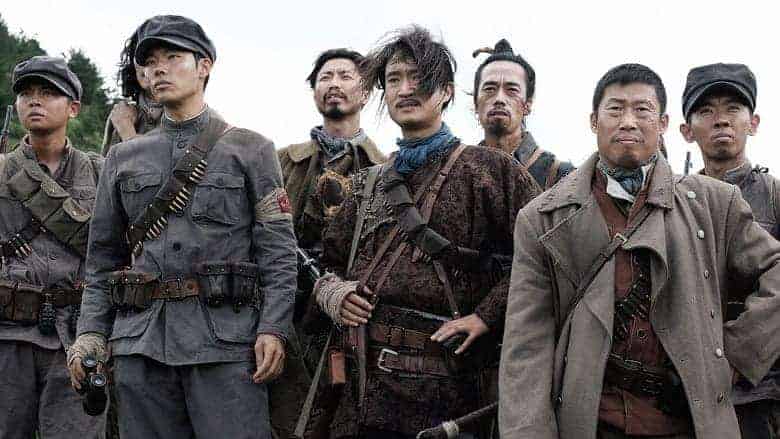
Despite the aforementioned size of the ensemble, there are a few actors who manage to stand out, such as Yoo Hae-jin and Ryu Jun-yeol. Both symbolize certain archetypes within the narrative of a war film: the rough-and-ready warrior who must learn to care for something more than just himself and the dedicated and idealistic fighter. No matter which side you are on, war takes its toll on both of them, changes them and gives them an idea about the violence in this world and what or who they are fighting for. The quieter scenes give much needed insight into these men's and the spiritual costs of war, some of which will much later be discovered and some of which their performances hint at.
However, at its center, this is still a war film showing its qualities especially in the battle scenes. Dynamically filmed and edited, they defins the centerpriece of “The Battle: Roar to Victory”, even though their sheer abundance in the end is also a bit tiring. It is precisely during these scenes Won Shin-yeon's film finds its tone filled with pathos and the establishing of heroes as well as their sacrifice. In terms of action, this is quite intriguing technically, since the director largely avoids the use of CGI, adding much impact to the battle scenes in the film.
In the end, “The Battle: Roar to Victory” is a solid action/ war film, especially on a technical level. Despite their good performances, the design of the characters is oftentimes a bit problematic, while also delivering some quite well-acted scenes with a spiritual touch within the overall chaos of war surrounding the characters. At the same time, however, and despite its many roars to victory (pun intended), the film lacks substance.



